We ship worldwide…
Can CCTV Work Without the Internet? What You Should Really Know

Can CCTV Work Without the Internet? What You Should Really Know
Security is no longer a luxury, it has become a necessity. CCTV has become an important tool for modern surveillance, for protecting your home, safeguarding your business and monitoring public spaces. But one question that confuses people before they buy is Can CCTV work without the internet?
The simple answer is yes. CCTV doesn’t actually need the internet to do its main job. The lengthy response is more complex, though. Knowing how the system operates, where it can operate flawlessly offline, and when an internet connection adds value are all necessary for understanding the internet’s role in CCTV.
In this blog we’ll explore every aspect of CCTV systems in detail, how they operate without the internet, the advantages and drawbacks of an offline setup and practical tips to get the most out of your system.
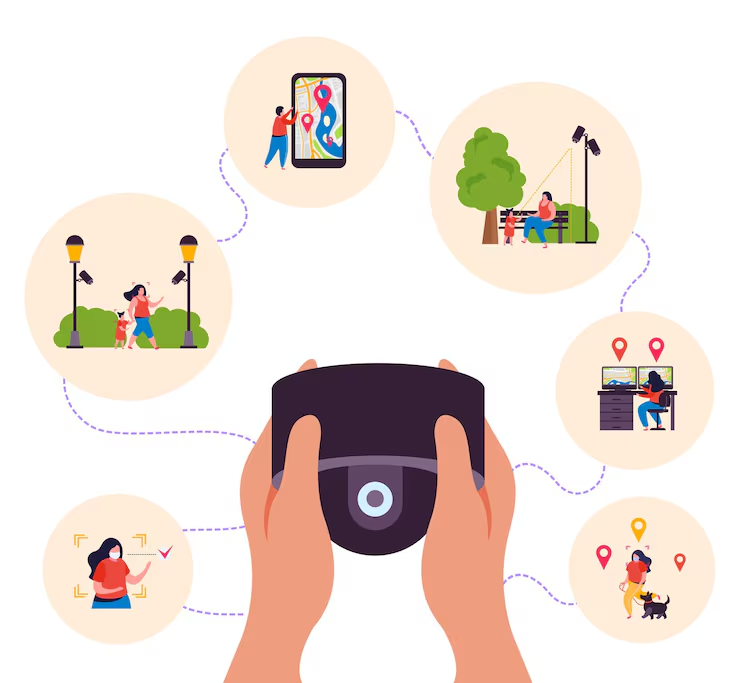
Understanding the Basics of CCTV
CCTV stands for Closed Circuit Television. CCTV sends video only within a closed system that you can control unlike regular television which is broadcast publicly.
A typical CCTV setup includes:
- Cameras – The devices that capture video. They can be older analog cameras or modern IP (digital) cameras. They may record all the time, at set times, or only when movement is detected.
- Recording Device – The box that saves your footage. Older systems use a Digital Video Recorder with analog cameras. Newer systems use a Network Video Recorder with IP cameras.
- Storage – Most systems save video to a built-in hard drive in the DVR or NVR. How many days of footage you can keep depends on the hard drive’s size.
- Monitor – A screen connected to the system. It lets you watch live feeds or play back older footage.
- Power Supply – Every camera and recorder needs power. Some systems use Power over Ethernet (PoE), where one cable gives both electricity and video data.
How CCTV Works Without the Internet
Many people today think cameras only work with apps, remote access, or cloud storage. But these are optional and not the basic requirements.
Here’s what happens in a system without internet:
- Cameras Record Footage
Each camera is connected to the DVR or NVR. As soon as it’s turned on, it records video, either nonstop, at certain times, or when motion is detected. - Recorder Stores the Video
The DVR or NVR receives the footage and saves it on its hard drive. To save space you can adjust settings like quality, resolution and recording speed. - Live View on a Local Screen
By connecting a monitor to the DVR/NVR, you can watch what’s happening in real time or check older recordings from the hard drive menu. - Manual Video Copying
If you need to keep a clip, for example, after an incident, you can export it onto a USB stick, external drive and DVD.
At no stage does the system need the internet. Everything runs inside the closed circuit of your CCTV setup.
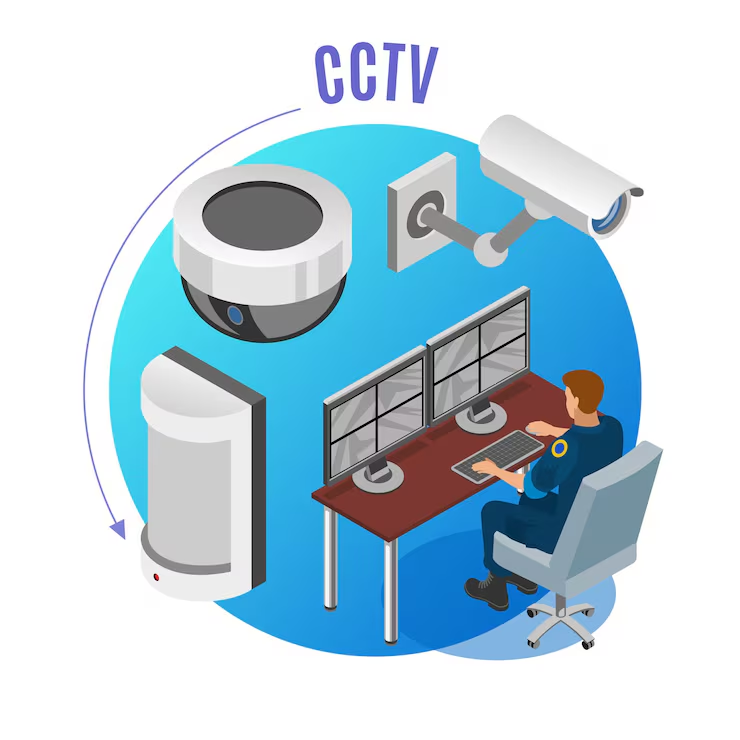
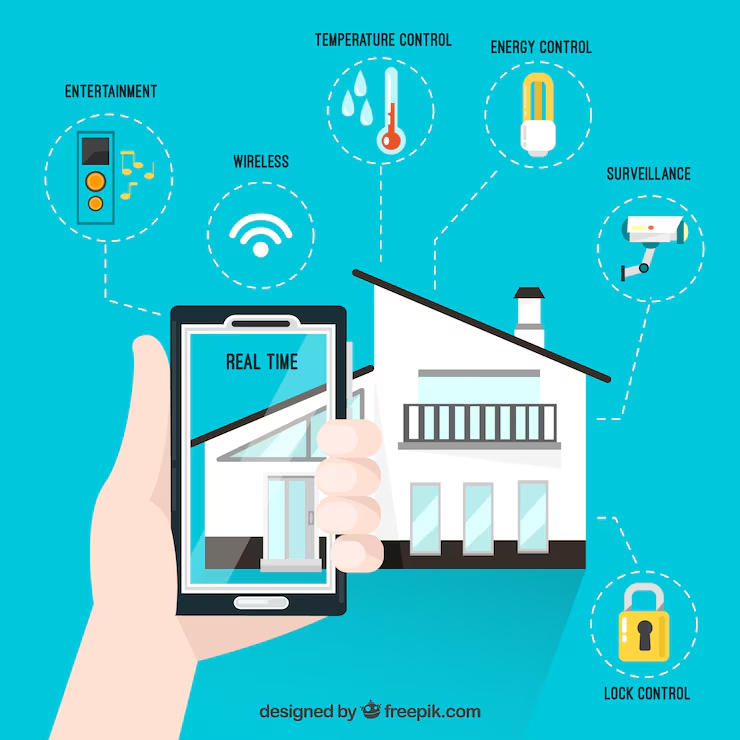
When You Don’t Need Internet for CCTV
There are many scenarios where CCTV functions perfectly without internet access.
1. Remote Locations
Offline CCTV is a practical solution if you live or work in an area where internet service is poor. You can still record and review everything locally.
2. High Security Places
Government offices and labs, avoid internet connections to reduce the risk of hacking. Offline CCTV ensures monitoring without online threats.
3.Cost Sensitive Setups
Not everyone wants to pay extra for fast internet or cloud storage. An offline system avoids those ongoing costs while still doing the job.
4. Basic Evidence Gathering
If your goal is simply to have video evidence available in case of theft, vandalism, or accidents, an internet free system gets the job done. You can always review and export footage locally when needed.
When Internet Becomes Necessary
Although CCTV can function without internet access, doing so can enable additional features that increase security’s effectiveness and convenience:
1. Remote Viewing
You can log into your cameras from anywhere, your phone and laptop with the internet. This is helpful especially if you travel and want to keep an eye on your property while away.
2. Cloud Storage
Some systems upload recordings to the cloud instead of saving everything only on a DVR or NVR hard drive. This keeps them safe even if your hardware is stolen or damaged.
3. Smart Home Features
The Internet lets CCTV connect with smart devices like Alexa, Google Home and alarms. You could even set lights to turn on if motion is detected.
4. Instant Alerts
Internet enabled systems can send you notifications whenever motion is detected. Without the internet, you’d have to check recordings manually.
So while the internet isn’t required for the basics, it definitely adds useful features that make monitoring easier and faster.

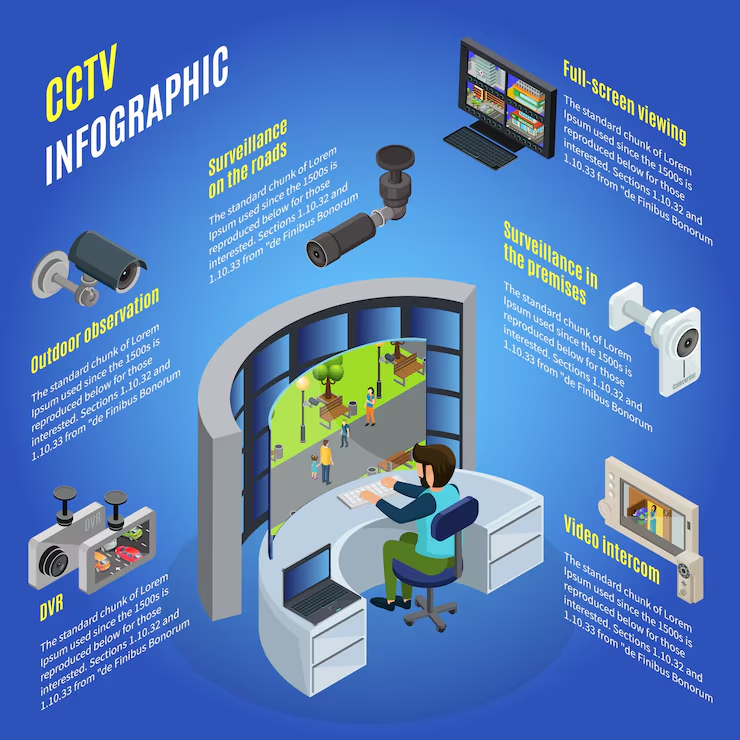
Types of CCTV Systems: Internet vs. No Internet
Not all CCTV setups use the internet the same way. Here are the main types:
1. Analog CCTV with DVR
- Uses coaxial cables between cameras and DVR.
- Works completely offline.
- Saves video to the DVR’s hard drive.
- The Internet is optional for remote access.
2. IP CCTV with NVR
- Uses digital IP cameras connected to an NVR.
- Can work offline with local storage.
- The Internet adds features like cloud storage and app access.
3. Wi-Fi Standalone Cameras
- Popular for home use since they’re easy to install.
- Depend heavily on the internet for storage and viewing.
- Without the internet, many can only save footage to SD cards and lose most of their features.
Advantages and Disadvantages of Using CCTV Without Internet
Advantages of Using CCTV Without Internet
There are clear benefits to running your CCTV system offline:
Enhanced Cybersecurity
Hacking is one of the main risks to contemporary surveillance systems. If internet-connected cameras are not adequately secured, they may be susceptible to unwanted access. Remote hacking is not possible with offline systems by design.
Lower Costs
You don’t need to pay for internet upgrades or cloud storage. Once installed, the system runs without extra fees.
Reliability
Your cameras won’t stop recording just because your internet goes down. This ensures continuous protection.
Greater Privacy
Since the data never leaves your premises, you maintain complete control over your recordings. There’s no risk of footage being intercepted or misused by third parties.
Disadvantages of CCTV Without Internet
However, an internet-free system also comes with limitations:
Lack of Remote Access
You can view your cameras only when you are physically present at the location. For those who frequently travel or prefer to check in from outside, this makes it less convenient.
Manual Footage Retrieval
Exporting recordings requires direct access to the DVR/NVR. You can’t simply download a clip from your phone.
Limited Smart Features
Without internet, you miss out on live notifications, AI features like smart motion detection, and links to smart home devices.
Practical Tips for Setting Up CCTV Without Internet
If you decide to keep your system offline, these best practices will maximize effectiveness:
- Choose the Right Storage Size
Invest in a DVR/NVR with a high capacity hard drive. You may need several terabytes of space to store weeks of footage depending on resolution and number of cameras. - Use High Resolution Cameras
Even if you don’t have the internet, image clarity matters. A higher resolution camera ensures clear details that can be used as evidence. - Back Up Footage Regularly
Regularly copy video to USB drives or other storage. This keeps evidence safe if the main hard drive fails. - Physically Secure Your Recorder
Keep the DVR and NVR in a locked spot. If intruders steal it, they could take all your recordings too. - Add a UPS Backup
A power cut can stop your cameras. An Uninterruptible Power Supply keeps them running for a while during outages so that no important footage is lost.

Conclusion
Can CCTV work without the internet? The answer is yes. A CCTV system’s primary job is capturing, recording and storing video does not depend on internet connectivity. That said, the internet can transform a standard CCTV setup into a smart, convenient and more responsive system. Remote monitoring, instant alerts and cloud backups make life easier but are not essential. The ultimate choice depends on our priorities. Offline setup is sufficient if you value privacy and reliability. But if you want convenience and smart features, an internet connected system is worth the investment. In any case, being aware of the difference allows you to choose the best course of action for the security of your house and place of business.

 WiFi Camera
WiFi Camera
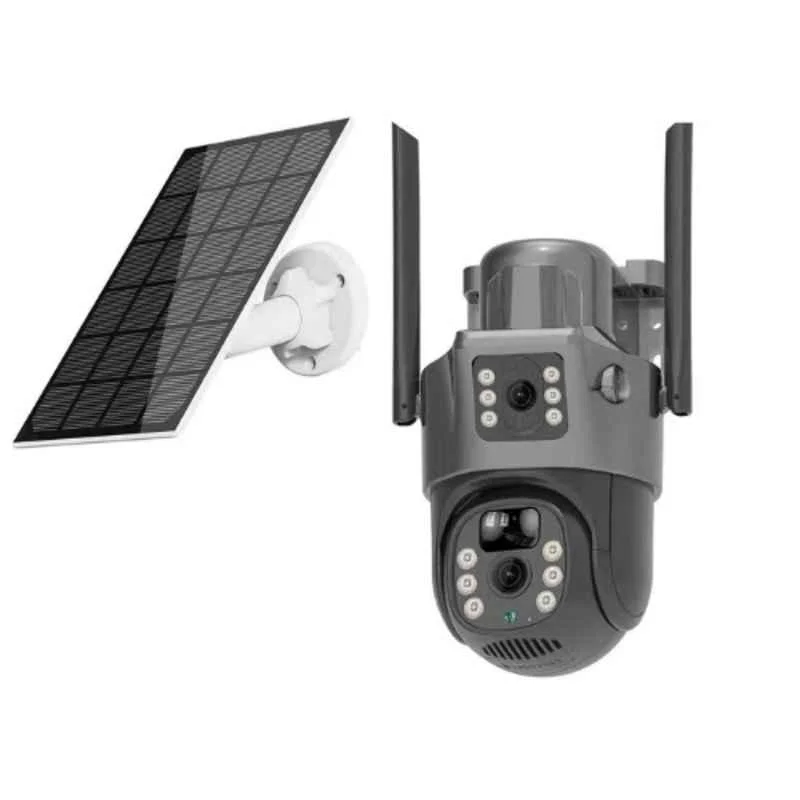 Solar Camera
Solar Camera